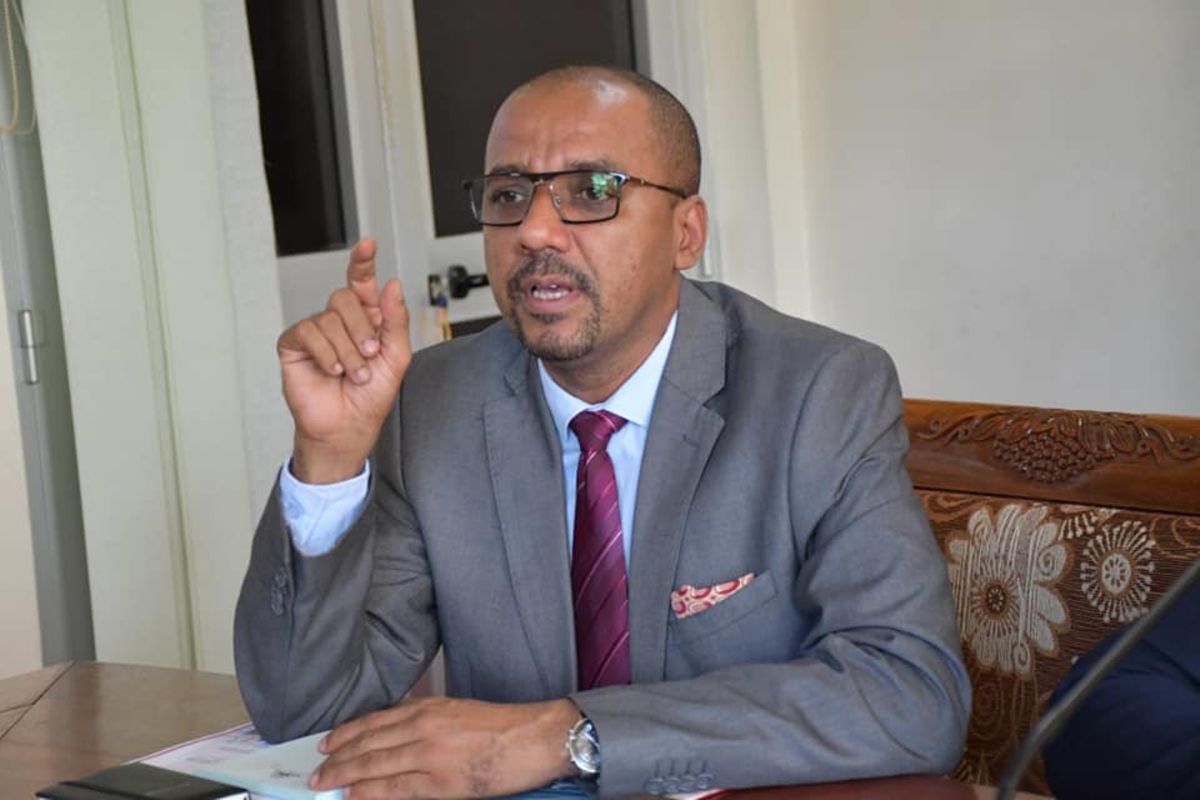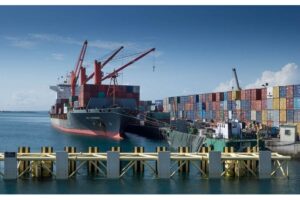The European Union (EU) has announced a substantial financial payment of TZS 97 billion (EUR 33.12 million) as a grant to support the Government of Tanzania’s ongoing sectorial reforms.
This disbursement is aimed at fostering socio-economic development and enhancing the resilience of Tanzanian citizens.
The funding is allocated across five key sectors, each of which is crucial for the country’s growth and stability.
These are:
Blue Economy: Developing a climate-resilient blue economy along Tanzania’s coastal regions, including Zanzibar and the Indian Ocean.
The funds will support governance reforms, capacity building, and enhance inter-ministerial coordination. The Ministry of Finance and the Vice President’s Office for Environment will lead this effort.
Green and Smart Cities: Focused on promoting sustainable urban development in Mwanza, Tanga and Pemba, this support aims to improve living standards by enhancing environmental sustainability, creating economic opportunities, and improving public services, especially for women and youth.
Gender: Dedicated to advance gender equality and empowering women and girls, the funding will seek to address gender-based violence, promote economic empowerment, and support women’s participation in leadership and decision-making processes.
Digital4Tanzania: Aiming to leverage digitalisation for economic growth and improved public services, it includes expanding the Tanzania Government Communications Network and enhancing cybersecurity measures, in line with the Personal Data Protection Act.
Finance for Growth: It has a focus on improving fiscal governance and access to finance.
It will enhance domestic resource mobilisation, support financial market infrastructure, and promote public-private dialogue, particularly benefiting Micro, Small and Medium Enterprises, notably in favour of women and youth.
ALSO READ: High demand greets 20 years T-bond
This financial assistance, called “budget support”, is part of the EU’s ongoing partnership with Tanzania, aligning with the EU’s Global Gateway strategy, which aims to bolster infrastructure and development through public and private sector investments.
“We are pleased to continue our support for Tanzania’s growth and development.
These funds are not just an investment in the present but a commitment to the country’s future,” said Christine Grau, EU Ambassador to Tanzania, adding, “By focusing on areas such as the Blue Economy, urban development, gender equality, digitalisation, and financial growth, we are helping to build a more resilient and prosperous Tanzania.”
The EU’s budget support is considered as an impactful financing tool as it allows for direct support to national policy reforms, making use of the country’s financial systems.
This approach reduces transaction costs for the government and increases mutual accountability and transparency.
The main objective is to contribute to a climate resilient Blue Economy on the Tanzanian coastal area, Zanzibar and the Indian Ocean (within Tanzania Exclusive Economic Zone).
Through budget support, the grant will contribute to transformative governance systems and policy reforms in specific public sectors, including capacity building for inter-ministerial coordination and governance.
Budget support and technical assistance will support key institutions to implement Tanzania ambitious goals in Blue Economy.
Ministry of Finance and Planning, as chair of the Blue economy Task force, Vice President’s Office for Environment, Ministry of Livestock and Fisheries and Ministry for Natural Resources and Tourism will be at the forefront of the implementation.
Many other agencies or institutions such as the Zanzibar Fisheries and Marine Resources Research Institute, the National Environment Management.
Council and the National Carbon Monitoring Centre will be empowered and capacitated to deliver on the blue economy agenda.
Concerning Zanzibar a dialogue is established with the Ministry of Blue Economy and with the President Office Finance and Planning and the future cooperation will be made through technical assistance and through project activities.
The Delegation of the European Union to Tanzania and the East African Community is a key actor in the relations between the European Union and Tanzania as well as the East African Community.
The EU has set out the Global Gateway, a new European strategy to boost smart, clean and secure links in digital, energy and transport sectors and to strengthen health, education and research systems across the world.
Global gateway is implemented jointly under the Team Europe banner, meaning the EU institutions and EU Member States
Source: allafrica.com













